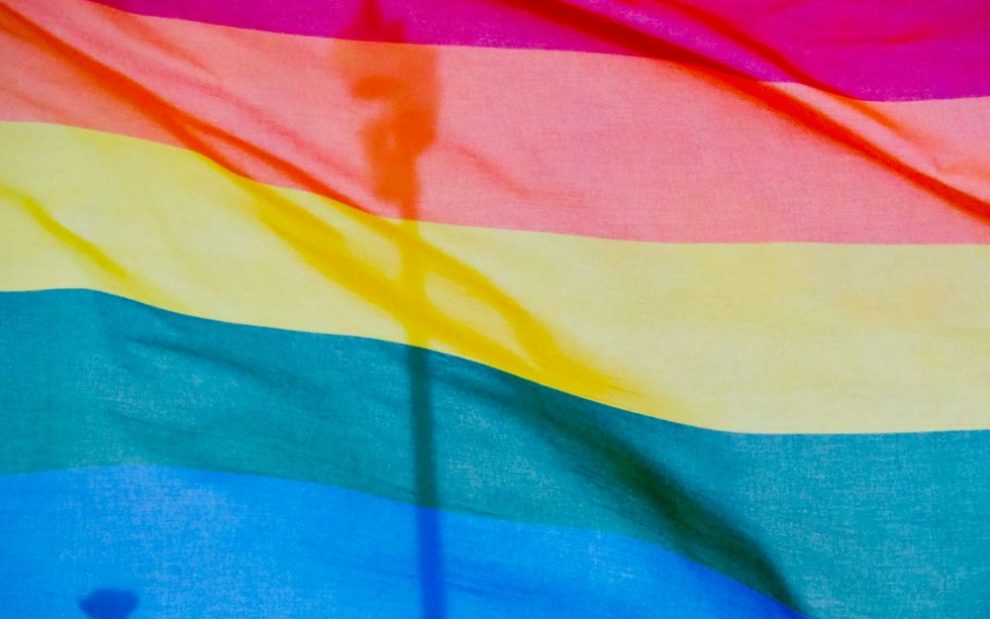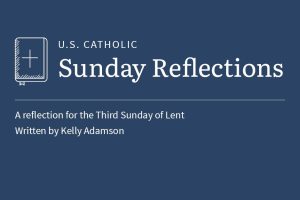In Costa Rica, we don’t have much Gothic architecture, for obvious reasons, but we do have a neo-Gothic church built in 1930 in my father’s hometown of Coronado. It is, in my opinion, the most beautiful church in the country. As a kid, I spent my weekends in the plaza in front of it, chasing the pigeons and gazing up in awe of its relative enormity. I dreamt, one day, of getting married in it.
In my dreams, there was never a groom. There was a gown, there was a Mass, there was a reception afterward, but it was all very performative, for attention and vanity. I have always felt a repulsion toward marrying a man. For a time I believed this to be a sign of a vocation toward religious life. But during my adolescence, I realized it was, rather, a sign of queerness. I was very evidently a lesbian. A lesbian and a hopeless romantic at heart who, admittedly, still dreams of a wedding. Perhaps not so much of the spotlight anymore, but of the commitment and the pronouncement of a union before God.
However, my stance on the recent developments of same-sex blessings and the overall conversation of marriage diverges from my personal desires. Truthfully, I am not quite convinced about the institution of marriage. Marriage, as we understand it, is an institution of exclusion. Throughout history, it has been the means through which we decide which relationships are clean and respectable.
Assimilation is dangerous. The early church thought so too. Monasticism and chastity were radical in the face of the Greco-Roman obsession with marriage. Monasticism was, and is, queer in the sense that it goes against the norm. The church’s legal control over marriage didn’t solidify until the Council of Verona formally declared marriage a sacrament in 1184*. This is a broader discussion, but my point is that the idol of the “respectable heterosexual marriage” is antithetical to the early church. It especially leaves a sour taste when we consider how many of the first martyrs were unwed virgin women who were assaulted, tortured, and killed for refusing to conform to marriage as an institution.
I am beyond happy for my queer Catholic siblings who find comfort and solace in getting blessed as a couple. I do understand that this is not sacramental and not even about blessing a union; I am aware this is not disruptive of dogma in any sense. I do not believe that homosexuality is a sin. Still, even if I did, it’s outrageous that there’s an expectation that to receive a blessing (a rite that can be bestowed upon a car or an animal) a human being must be in a state of sinlessness. That’s like a nurse telling you they cannot administer painkillers until you figure out the pain on your own. Queer people should not be expected to forsake their queerness to assimilate into society. If we are, then we are not given the same grace as cis and heterosexual people; instead we are forced into the expectation that we must be perfect to be palatable. We must exist within the confines of what they believe a “good queer” is.
I may dream of a monogamous marriage, and because of that I am knowingly assimilating. Assimilation as a universal fate for queer people worries me, though. Because to be accepted into respectable society is a double-edged sword. Once you start assimilating, you start losing solidarity. You begin to accept a system that might be violent against people. The way toward heaven is not through worldly or arbitrary institutions we build as mortals. Blessings are for everyone.
* An earlier version of this essay incorrectly stated that “Marriage as a sacrament in the Catholic Church wasn’t a dogma of faith until 1563.”
Read the results of our April 2024 Sounding Board for more reactions to Fiducia Supplicans.
This article also appears in the April 2024 issue of U.S. Catholic (Vol. 89, No. 4, page 16). Click here to subscribe to the magazine.
Image: Unsplash/Drahomir Hugo Posteby-Mach















Add comment